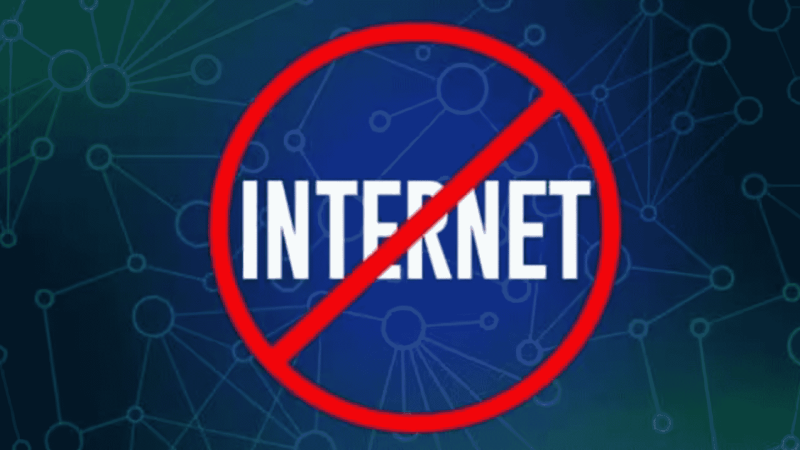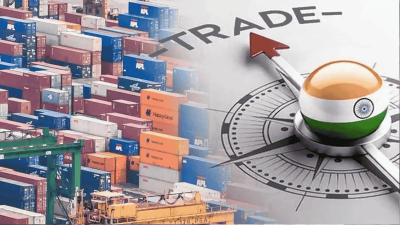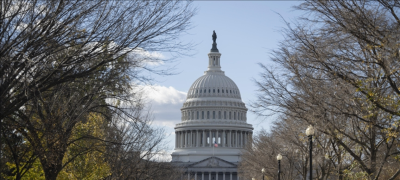Internet freedom is declining worldwide, including in established democracies like the United States and Germany, according to Freedom House’s latest annual survey. The Washington-based research group reported that global internet freedom fell for the 15th consecutive year.
The report highlighted growing restrictions in authoritarian states, where governments increasingly use internet controls to maintain power. However, Freedom House also noted declines in democracies, citing rising self-censorship and tightened regulations on online expression.
“The past year shows worsening internet restrictions even in countries considered free,” said Kian Vesteinsson, co-author of the report. “We are seeing trends in North America and Western Europe toward limiting civic space and controlling online content.”
The United States scored 73 out of 100 on internet freedom, its lowest ever and three points down from the previous year. The report cited instances where non-US citizens were detained for their online statements and noted ongoing legal challenges to deportation cases linked to internet expression.
Germany also dropped three points to 74. Freedom House noted increased self-censorship and strict enforcement of laws against hate speech and defamation. The report referenced a case where a far-right website editor received a suspended sentence and fine for posting a manipulated social media image criticizing a politician.
Severe declines were reported in Kenya, Venezuela, and Georgia, with Kenya temporarily shutting down the internet during nationwide protests. Serbia and Nicaragua were downgraded to “partly free” and “not free,” respectively. Conversely, Bangladesh saw improvements after a new government loosened internet restrictions following a student-led revolt.
The report underscores the global challenges facing internet freedom, emphasizing that even democracies are introducing new limits on online speech. Freedom House stressed the importance of protecting the Internet as a platform for civic engagement, free expression, and accountability.
Experts warn that these trends could undermine public trust in digital spaces and limit access to information, affecting users across both democratic and authoritarian contexts.
In other news read more about: Taliban Denies Nationwide Internet Ban after Blackout







